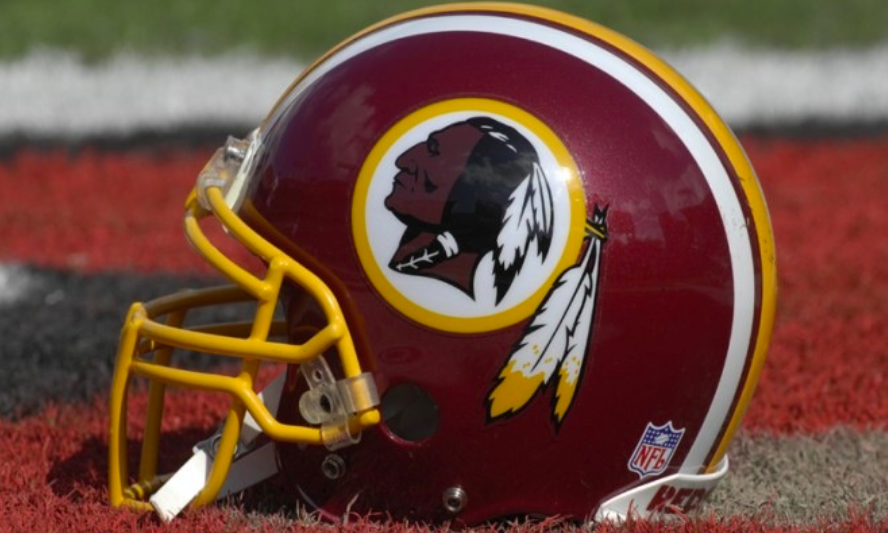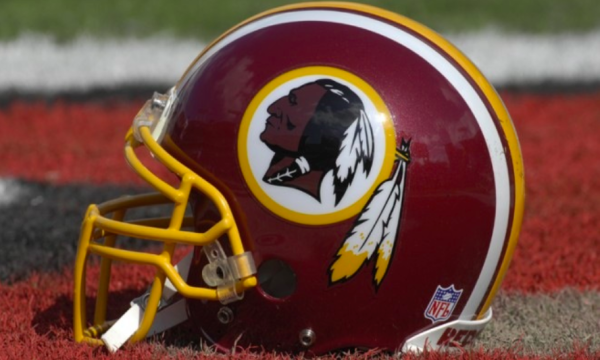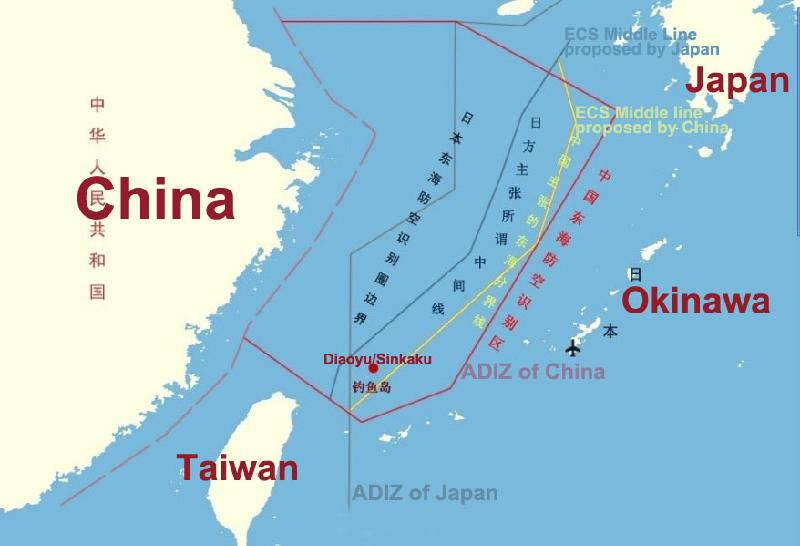Last Wednesday, the U.S Patent and Trademark Office decided to cancel six Washington Redskins registered trademarks. The NFL team recently received significant backlash from various groups over its politically incorrect logo and mascot. The landmark ruling was justified by the patent office for being “disparaging to Native Americans”.
The decision sparked a heated debate over the patent office’s authority and genuine ability to decide whether or not a name or brand was disparaging. Standing by the decision are many individuals who feel the name is offensive to Native Americans given its skin-colour reference. Others believe that the issue, although important, should be resolved within the NFL itself. And finally, some fans are puzzling over how a mere name ever gained so much media attention.
To many, the “Washington Redskins” is indeed just another team name. For others, however, it is yet another example of society’s racist and unfair treatment of ethnic minorities. Similar to the N-Word or other derogatory names, the term Redskins differentiates a group using blunt, physical characteristics. Furthermore, the cartoon image of a cherry-red, Native American male only promotes the negative and erroneous stereotype of indigenous peoples across Canada and the United States.
This image, unfortunately common in Hollywood movies and mainstream television, is completely out of touch with today’s on the ground reality. Hollywood often casts indigenous characters under two categories: loyal, strong and honourable men… or simple-minded, blood thirsty savages. These to-be expected, Hollywood stereotypes clash horribly with indigenous peoples’ modern day identity and lives in urban areas.
Unfortunately, changing the Redskins’ name does not solve the more widespread misrepresentation and exploitation of many indigenous groups by profit-hungry commercial industries. One could hope, however, that a change of name for the Redskins would set a precedent for future businesses and brands.
Mainstream media arguably bears the highest share of responsibility for robbing indigenous peoples of their culture and commodifying it. For example, in the fashion industry, indigenous culture is often used as a superficial source of inspiration for feathers, headdresses and traditional indigenous garments, to be worn by the general public. Using an indigenous male figure as the Redskins mascot is but another example of profiting from people’s constructed image without their interests being acknowledged or respected.
To this date, Redskins owner Daniel Snyder has categorically refused any formal name change for the team. This stubborn stance led to Snyder, his team and Redskins fans to be illustrated as culturally insensitive racists — an illustration that is hardly in anyone’s best interest. This growing backlash, perpetrated by social media and the more traditional word of mouth, has pressured Snyder in a way the patent office never did. At the end of the day, the NFL team remains, primarily, a business. Its multiple executives and Snyder himself have to promote their controversially labelled product and listen to customer criticism in order to maximise profits.
Unfortunately, changing the Redskins’ name does not solve the more widespread misrepresentation and exploitation of many indigenous groups by profit-hungry commercial industries. One could hope, however, that a change of name for the Redskins would set a precedent for future businesses and brands. The U.S patent ruling has already caused much speculation regarding its potential impact on other professional sports teams, such as the Chicago Blackhawks and Cleveland Indians. Even Canada came under pressure to change its Edmonton Eskimos team name. Compared to other sports teams, the Eskimos brand is deemed rather innocent. The team’s logo comprises two letter “E”s in green and gold; the team mascot is a polar bear. Moreover, indigenous Canadians do not feel the CFL franchise has particularly disrespected their culture — many are even proud of the brand. However, one could argue that it is better, given the evolving and ambiguous nature of political correctness, to change all team names.
With a growing number of Canadian and American individuals — both indigenous and non-indigenous — supporting these potential changes, it is important to reflect on our shifting society. Modern day’s increased internet access and proliferation of social media tools has enabled anyone to step up to a global platform and poke holes in names, ideas or visual representations that do not seem offensive. A number of these holes have been made in the mainstream media’s stereotypical representation of many minority groups, with many recent but subtle shifts challenging these offensive Hollywood clichés. The debate over a professional football team’s name exemplifies both our increasing standards when it comes to minority rights, but also our growing ability to have our opinions voiced and taken seriously.





